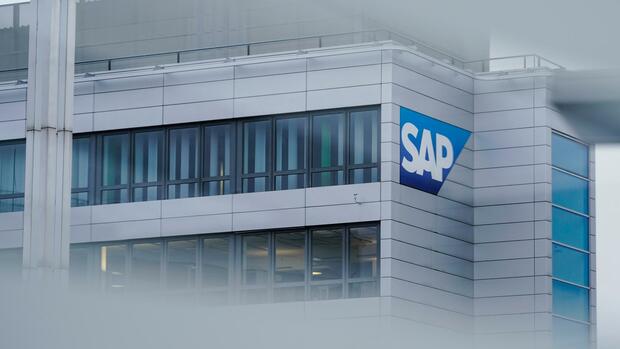The software specialist no longer wants to do business in Russia.
Berlin, Dusseldorf The software giant SAP is now withdrawing from Russia four weeks after the start of the Ukraine war. “We are sticking to our commitment to support Ukraine by halting all sales and ceasing cloud operations in Russia,” the Walldorf-based Dax Group said on Thursday. The international sanctions would be fully implemented.
However, SAP is thus sticking to the significantly larger licensing business, where the software has already been purchased, is installed on site and is also maintained accordingly.
In this way, SAP is partly responding to public criticism. The software maker said it was “actively shutting down” its cloud services. Customers will no longer be able to use solutions such as Ariba, Success Factors and S/4 Hana Cloud – presumably after a notice period has expired.
The Dax Group had already discontinued the distribution of new products at the beginning of March, but maintained business relationships with existing customers. As a result, representatives of the Ukrainian government, such as Digital Minister Mykhailo Fedorov, expressed sharp criticism. SAP is helping Russian companies to make money for the destruction of Ukraine, he tweeted. Some of the employees also called for stricter measures.
The move was also demanded by Ukrainian President Volodimir Zelensky, who had already called on SAP, Microsoft and Oracle to do so about ten days ago. So far, SAP CEO Christian Klein had shied away from it. In an interview, Klein had pointed out that SAP supports companies “that are of crucial importance to citizens”. The sanctions would deliberately exclude these companies. “Should we now say as SAP: We know better and are withdrawing even more?“
The company also noted its support for Ukraine. This will help the government to procure orders for hospitals as soon as possible. The company’s own Business Network platform is used for this purpose.
SAP does not make public how big the business is in Russia. The Integrated Report 2019 – the latest available data – shows that the Russian subsidiary sold almost 483 million euros unconsolidated in the year. According to previous data, its customers include the airline Aeroflot and the credit institution Sberbank.









